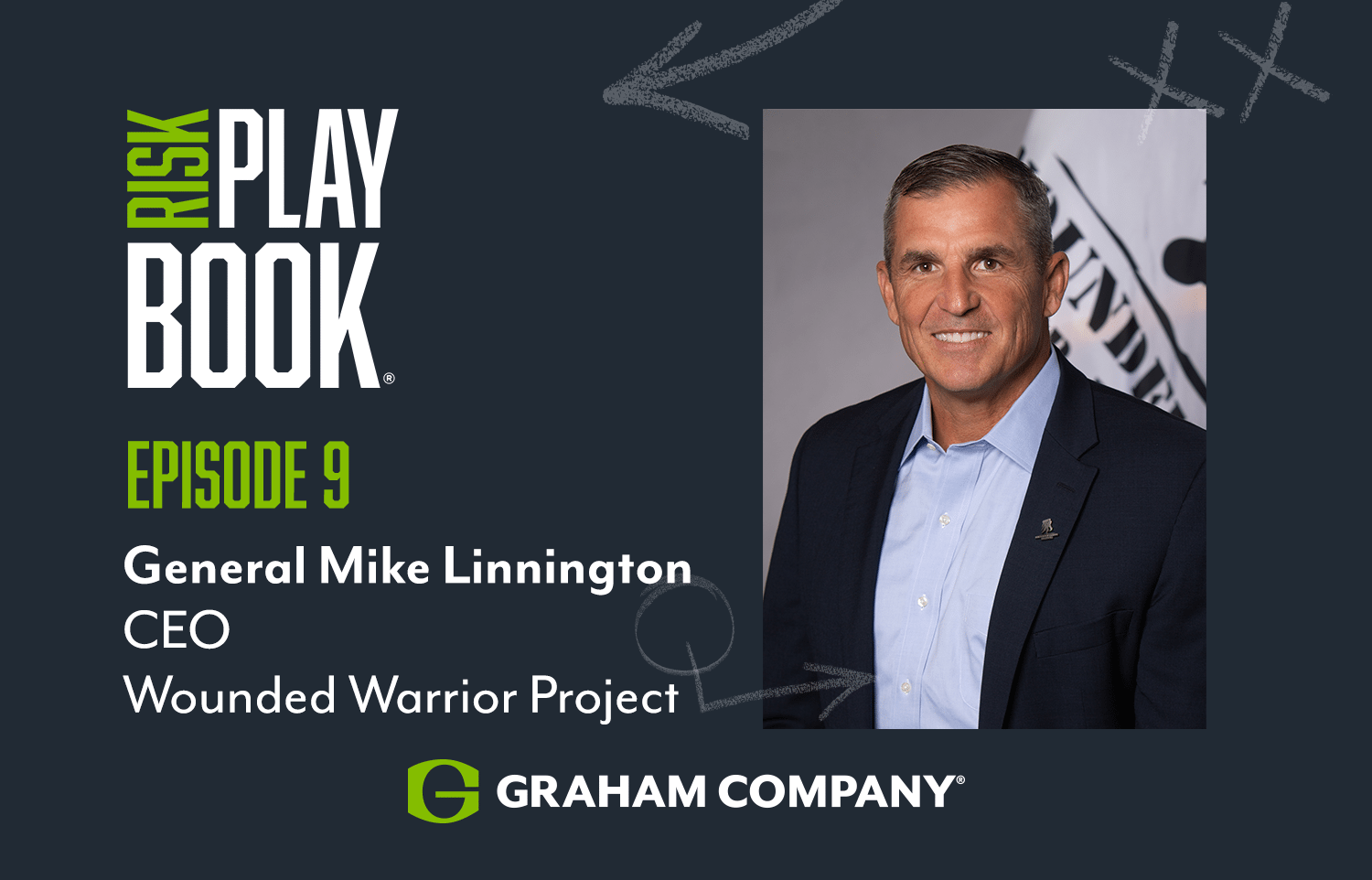If you are a manufacturer, there are three types of product defects you need to be aware of: design defects, manufacturing defects and marketing defects. Not only can your defective product liability claims drive up your insurance premiums, but they can make it difficult for you to insure your business at all. Knowing the crippling impact of product defect issues, it is important for manufacturers to take the right steps to mitigate risk.
Understanding Defective Product Liability
One of the challenges of product claims is that many times manufacturers do not know about them until many years later. In other words, if someone is injured by a product, the manufacturer may not know about it until two or three years down the road. This is unfortunate because it means companies lose the opportunity to conduct an immediate investigation. Many times the manufacturer’s first notice of an injury is when the lawsuit is served.
If you are a manufacturer that finds itself in one of these situations, you need to make sure you work with your insurance broker to ensure your insurance carrier has the right attorneys to defend you in the matter. While it can be tempting to simply settle a case so you can move on, this can be harmful for your business in the long-term. Settling quickly, without properly defending yourself, can set a precedent that your company will pay anyone who files a claim. Clearly, this is not a reputation you want to have for your product(s) or for your company.
How to Protect Your Business against Defective Product Claims
So, how do you protect yourself against these claims? It all starts with being proactive. Implementing a strong quality control program to help make sure any potential product defects are caught before they leave the warehouse is imperative. And don’t forget about your contracts with business partners. Ask yourself: are they going to indemnify and defend me if there is a problem?
Lastly, having a comprehensive and tailor-made insurance program is essential. While a general liability policy will provide coverage for product claims, the policy will only pay for the damage or harm the product caused. It does not pay for the costs to repair the product or recall it. For example, if you manufacture cars and need to recall a model because of a product defect, the cost of doing so can be very expensive – especially if you do not have product recall coverage. If you are a smaller business that cannot afford to pay for product recall costs out of pocket, and you do not have product recall insurance, it could bankrupt your organization.
Product liability claims are serious matters that require serious attention. If you take the necessary precautions – including implementing a quality control program, contractually transferring risk, having a comprehensive insurance program, and properly defending yourself – your business will be standing on solid ground.







